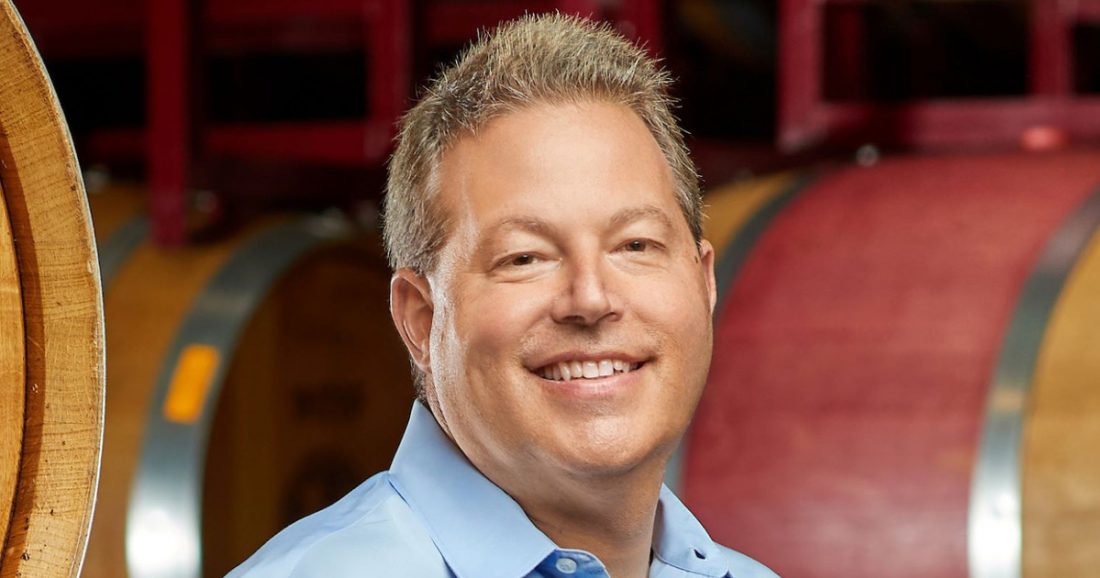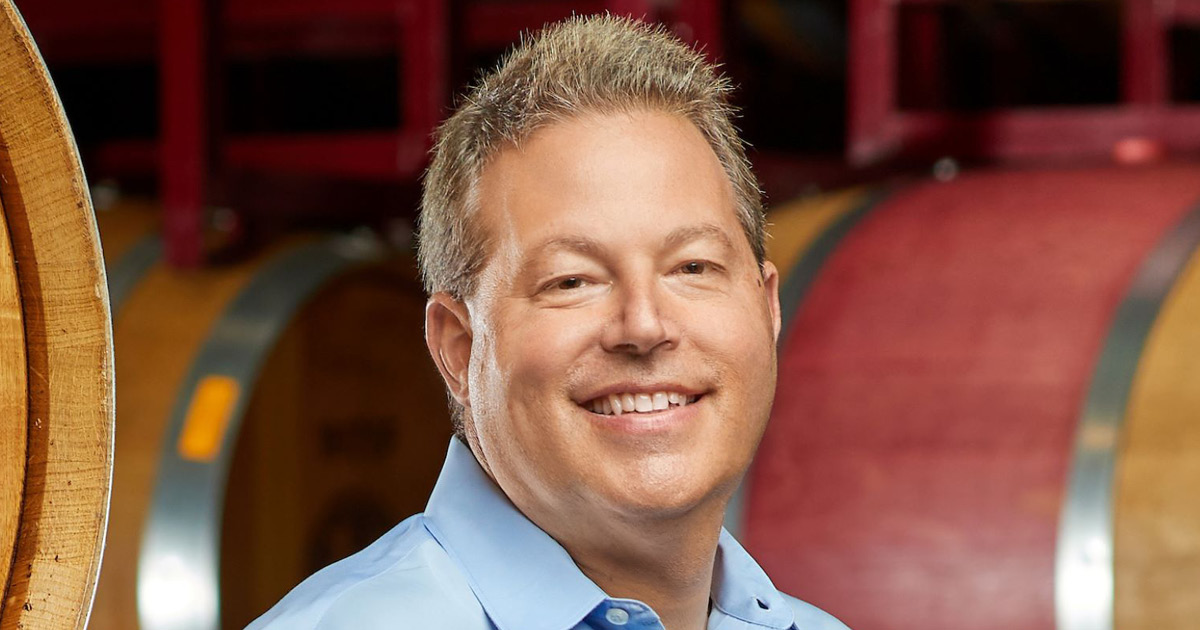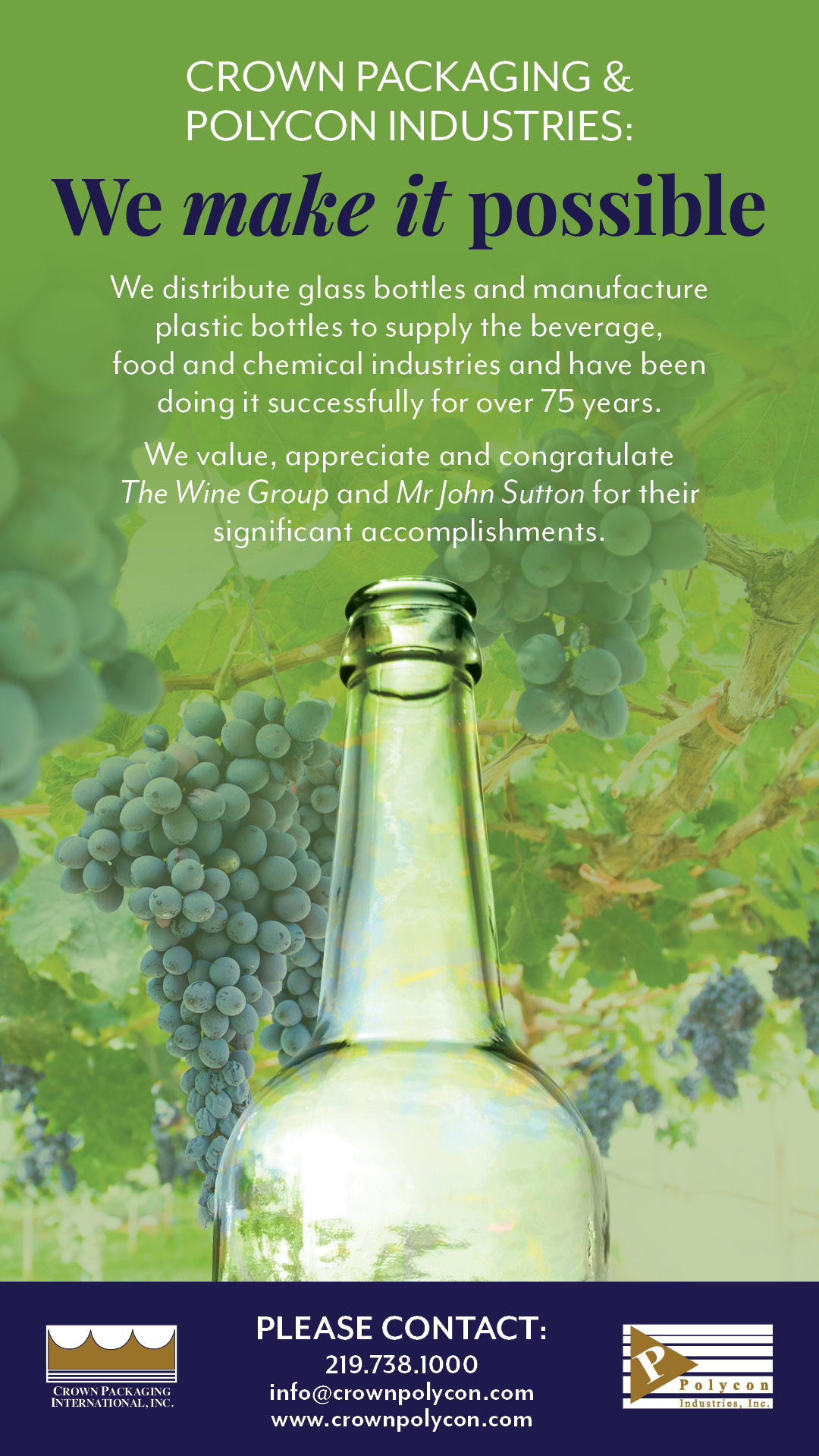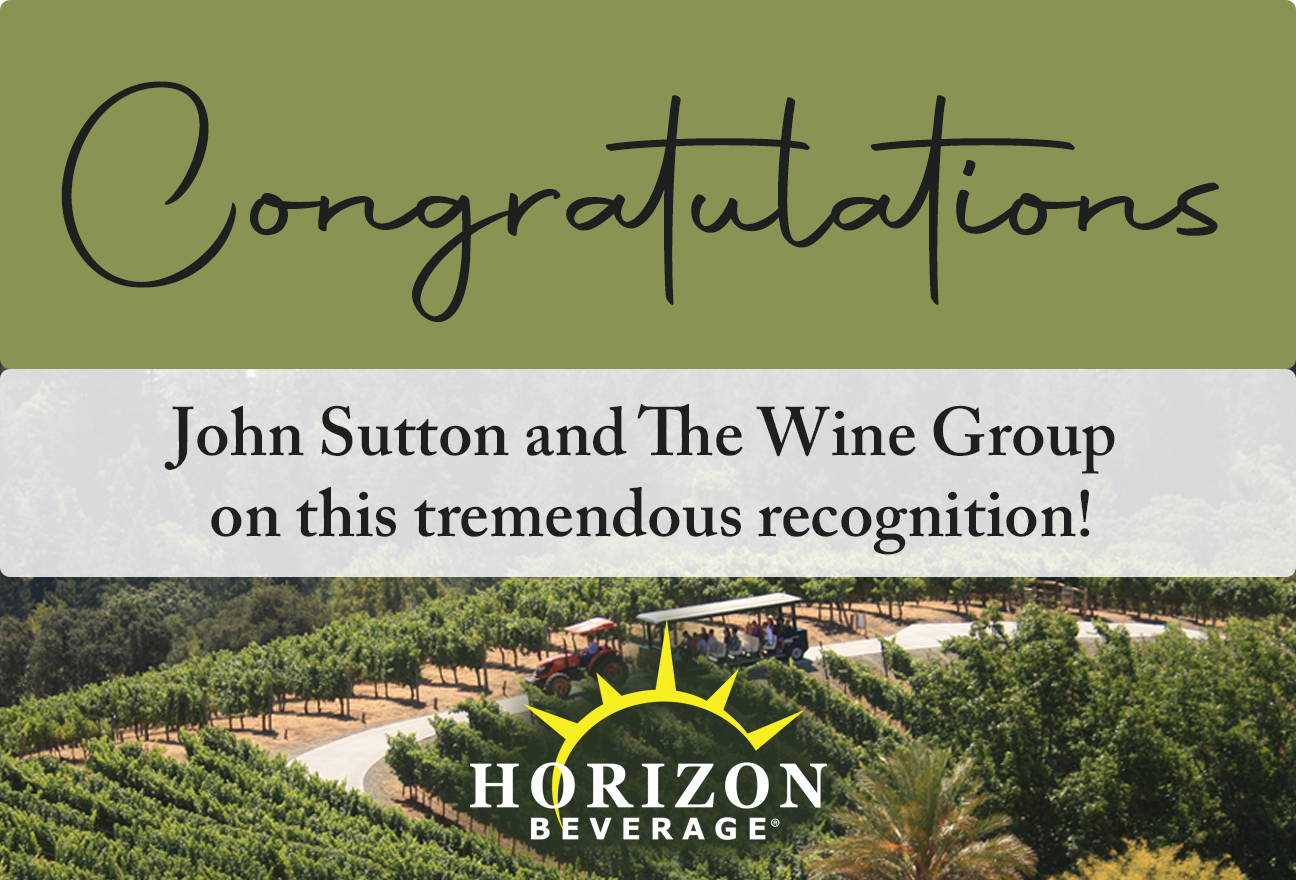Starting out his career working in the White House as Special Assistant to the Deputy Chief of Staff and to the Counselor to the President in the Clinton administration, John Sutton was living the dream of politics the world over.
Immersed in the buzz of breaking national and international affairs along corridors of power, had you told him that he was destined to one day become the CEO of the world’s second-largest wine producer, he would have scarcely believed it.
But as he reflects during his interview with The CEO Magazine, there are those who take a conventional road to the C-suite – and those who don’t.
“Mine definitely wasn’t the traditional path,” he says with a smile.
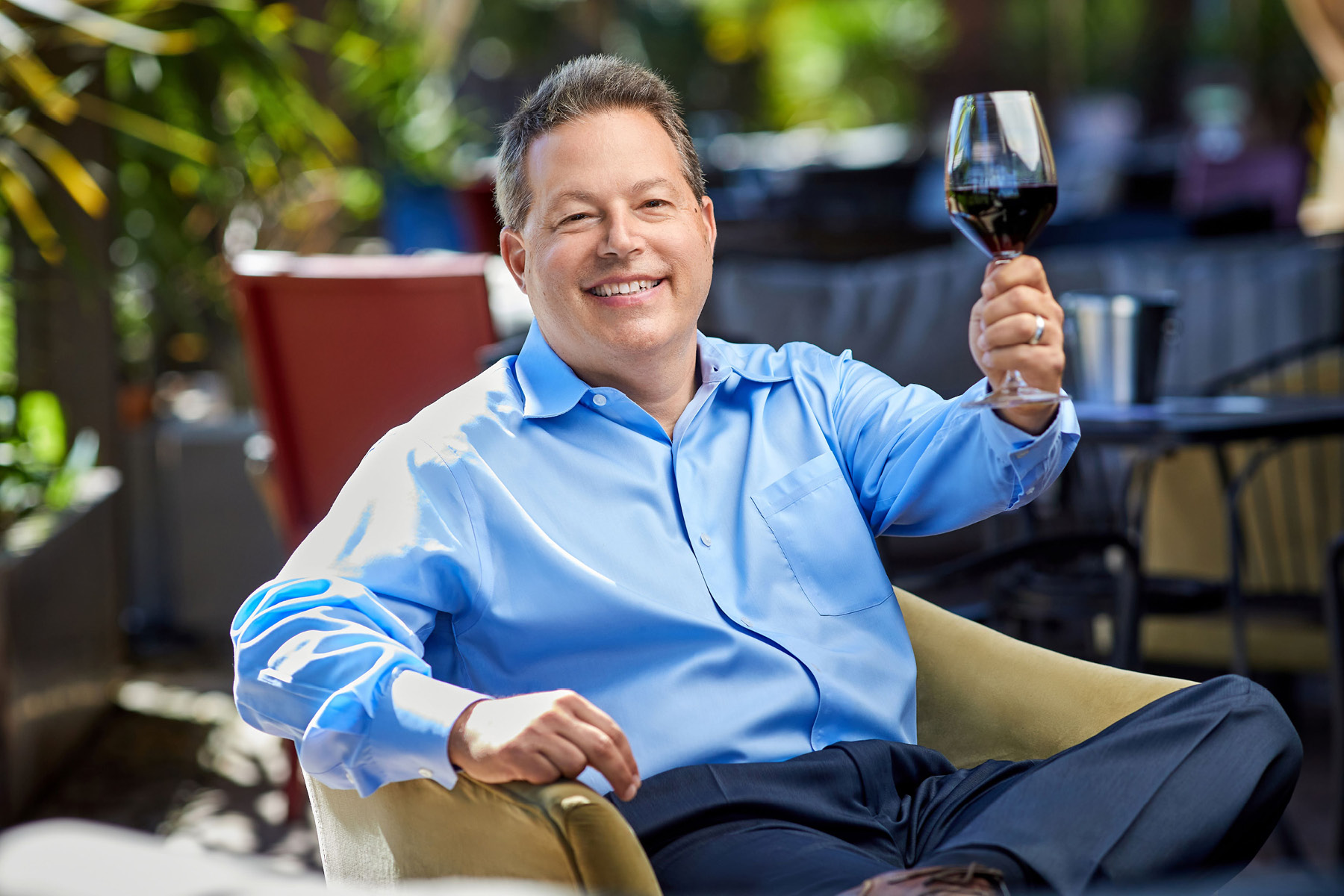
“We’ve had a number of new product launches focused on the premium category over the last 10 years or so.”
There is, however, a logic to Sutton’s career progression. As he explains his background, it’s easy to connect the dots to understand how one step led to another and eventually to his current role as leading The Wine Group – starting with a return to school after his time on Capitol Hill drew to a close.
“I couldn’t decide if I wanted to go to law school or business school,” he says.
So he decided to enroll in both. Four years later, with both an MBA and Juris Doctor from the University of San Francisco under his belt, a career in mergers and acquisitions (M&A) and venture capital law beckoned.
Connecting with The Wine Group
As fate would have it, one of the very first M&A deals he was handed as a lawyer was The Wine Group’s acquisition of Californian wine brand Glen Ellen from Diageo.
“The third deal I was assigned was The Wine Group buying Concannon Vineyard where I’m sitting today,” he says.
The realization dawned that he really wanted to sink his teeth into a business, as opposed to working from transaction to transaction, which is so often the case in a law firm. After that, the move in-house to The Wine Group as General Counsel in 2007 felt in many ways like coming home.

Advertisement
Sutton explains that his combined legal and business training has shaped the leader he has become.
“As a venture capital and M&A lawyer, you’re forced to deal with a multitude of different issues and not be afraid to dive in and learn new things,” he says. “That’s always been my strength and I’ve taken that with me.”
So, once settled into the new business, he didn’t hesitate to put his hand up for other responsibilities. As the then-CFO approached retirement, Sutton was tapped on the shoulder, having been identified as the ideal successor. However, there was a catch: Sutton needed to be a qualified Certified Public Accountant (CPA).
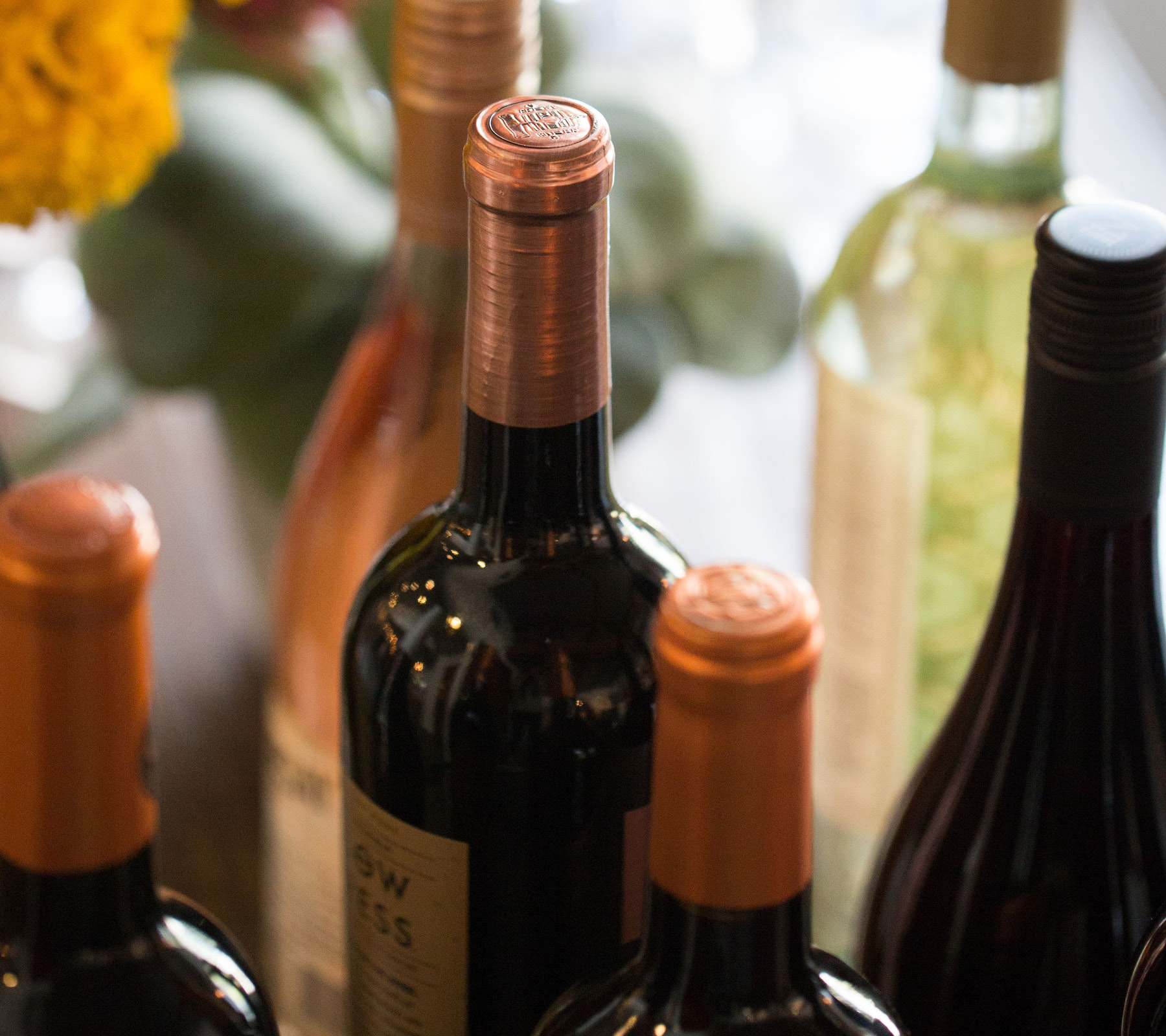
“We are the largest private label supplier of wine by volume and we do business with all of the major national retailers.”
Not one to shy away from a challenge, he spent a 10-week period over the summer juggling work and a CPA exam preparation class. After passing the exam, he became The Wine Group’s CFO in 2015. Last year, as he celebrated 15 years with the company, he transitioned into the CEO role.
“I’ve had finance responsibility, along with legal and compliance. I even supervised HR for a while, along with our tasting room operations. My deep knowledge of the company has made it a natural move into the role,” Sutton says.
A Premium Player
With an expansive portfolio of 60 brands and annual sales of over 45 million cases, The Wine Group is one of the most important players in the wine industry around the globe. Privately held, the company was officially incorporated in 1981, however, grew out of a leveraged buyout of key brands from the Coca-Cola Bottling Company of New York.
Among those brands was Franzia, the hugely popular table wine that was founded in Ripon, California, by Italian immigrant Teresa Franzia in 1906.
“It has been the number one selling wine for over 20 years and has a really deep and loyal customer following,” Sutton explains, noting that it’s also a pioneer of boxed wine packaging.
Yet it’s no secret that wine drinking habits are changing, as consumers opt to drink less alcohol, but increasingly seek out better quality wines. And over the last 10-plus years, the company has debuted premium wines such as Cupcake Vineyards and Chloe Wine Collection.
“We’ve had a number of new product launches focused on the premium category over the last 10 years or so and we’ve launched a ton of innovation in the market,” he explains.
As a result, retail sales for this segment have quadrupled from just under US$100 million to over US$400 million today.
To cater to other market trends, The Wine Group has also been one of the first to introduce better-for-you wine offerings, such as its Cupcake Lighthearted label. One of the first lower calorie, lower sugar and lower alcohol wines to enter the market, it’s a launch Sutton is particularly proud of, given the difficulties of maintaining a quality taste profile with less sugar and lower alcohol.
An Innovative Leader
Sutton explains that the internal development of brands is one part of the company’s three-pronged approach to innovation. “We’ve also looked at innovation in terms of collaborating with others to fill portfolio gaps,” he says.
The company has also made some strategic investments in small companies to diversify into emerging products and categories that the business does not have a presence in today, particularly spirits and functional beverages.
The third pole of innovation is a familiar one to Sutton. “We’re always looking at acquisitions to fill in white space, particularly for products that don’t necessarily make sense to develop internally,” he explains.
In 2022, the company snapped up labels such as Cooper & Thief, 7 Moons and The Dreaming Tree from Constellation Brands.
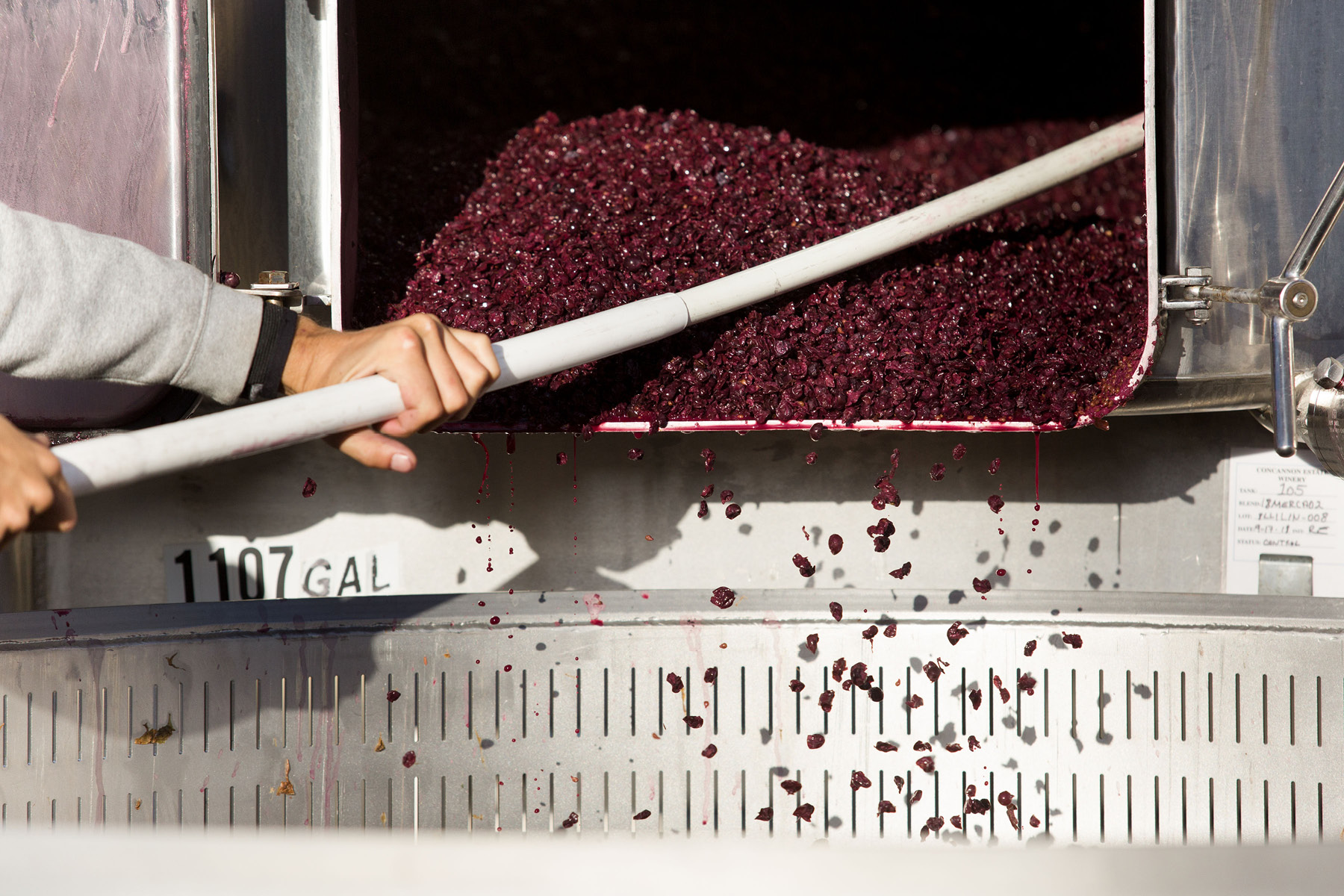
“We’re very large, but we like to think of ourselves as a startup with a very fast-paced environment that really highlights our entrepreneurial spirit.”
“Sometimes there are products out there that have truly unique and authentic stories behind them that you simply couldn’t create yourself. Other times they’re just products that you can get to market faster by acquiring them and taking them to the next level,” he says.
Sutton’s focus is to continue to grow this premium portfolio, alongside another crucial revenue stream: the private label wine market. “We are the largest private label supplier of wine by volume and we do business with all of the major national retailers and many of the regional retailers,” he says.
And it’s another segment where the outlook is bright. “All have stated goals on growing their private label business,” he explains.
Collaborators in Wine
Sutton knows that behind the product innovations that give The Wine Group the leading edge in the market are a robust network of supply vendors. Some, such as beverage packaging business Crown Packaging, have been supplying The Wine Group since its inception. “Without our bag in the box, our glass and cork and our label suppliers, we wouldn’t be able to get the product to market,” he says.
The same can be said for other relationships, including the wine distributors who open up routes to market, whether independent wholesalers in specific states, such as Horizon Beverages in Massachusetts, or nationwide distributors such as Southern Glazer’s Wine & Spirits.
The latter is a newly expanded collaboration for The Wine Group and Sutton says that the pairing is advantageous, not only since it offers a more efficient route to market, but because it also unlocks for The Wine Group the established national account capabilities and ecommerce platforms of Southern Glazer’s.
“Such insights will only help our innovation efforts going forward,” he adds.
Caring for the Land and Communities
The Wine Group is proving that scale and sustainability can go hand in hand: all of its Californian vineyards are 100 percent certified sustainable. “We’re actively working to grow our portfolio of certified sustainable brands, which today include Benziger, Tribute, Imagery and 7 Deadly,” Sutton says.
Environmental sustainability practices include:
- conserving water through consumption reduction systems, processes and training
- reducing energy consumption through conservation initiatives and clean energy use
- minimizing waste production and impact by reusing and recycling onsite waste streams
- using carbon efficient packaging and transportation.
“We expect our suppliers and vendors to have the same standards we impose on ourselves,” Sutton continues.
“Additionally, through our TWG Cares program, we’re focused on corporate responsibility by improving health, education, poverty and civil services in communities across the country.”
Investing in People
Alongside investment in product innovation, Sutton is also upholding The Wine Group’s long-standing investment in its people. Culture, he says, is the company’s strategic advantage, particularly within its industry.
“We have so many employees of long tenure who have chosen to make The Wine Group their last career stop because we treat our employees like they are family,” he says. “That mindset allows people to feel comfortable.”
Everyone from the leadership down isn’t afraid to roll up their sleeves to do what it takes to get the job done. “We’re very large, but we like to think of ourselves as a startup with a very fast-paced environment that really highlights our entrepreneurial spirit and empowerment of managers to make decisions,” he continues.
“That’s always been our secret sauce to success, because we’re able to be nimble, able to innovate to market faster and make quick decisions.”
The fact that there’s no ambiguity surrounding its ownership structure is another unique selling proposition.
“We have no plans to ever sell the company or to go public. We have a mantra around here: ‘The Wine Group’s not a company; it’s our company’. And, as such, an important message to new team members is that their most important job is to help make the company an even better place than how they found it,” Sutton says.
“That also means that, when you’re ready to step aside, you’ve trained your successor so they can continue the journey for generations to come.”
With his own legacy in mind, Sutton says several new executive leadership team members have recently joined after the planned retirements of three long-serving executives. “We’re excited for them to take on the next chapter in their lives and we’re also excited to have a fresh perspective and new look at things,” he says.

“The Wine Group’s not a company; it’s our company.”
Sutton has been in the wine business long enough now to know that the company is exactly where it should be right now.
“We really pride ourselves on having a diversified wine portfolio that has an offering for everyday consumers up to about US$20 at retail outlets,” he says, adding that such a diversified portfolio helps insulate the business from major shocks to the economy.
“Ultimately our goal is to build strong brands that do well in good times and also do well in challenging times,” he continues. “New brands, new products, new ideas, it’s always been the lifeblood of The Wine Group for the past 42 years, and it will continue to be the lifeblood for at least the next 42 years.”

